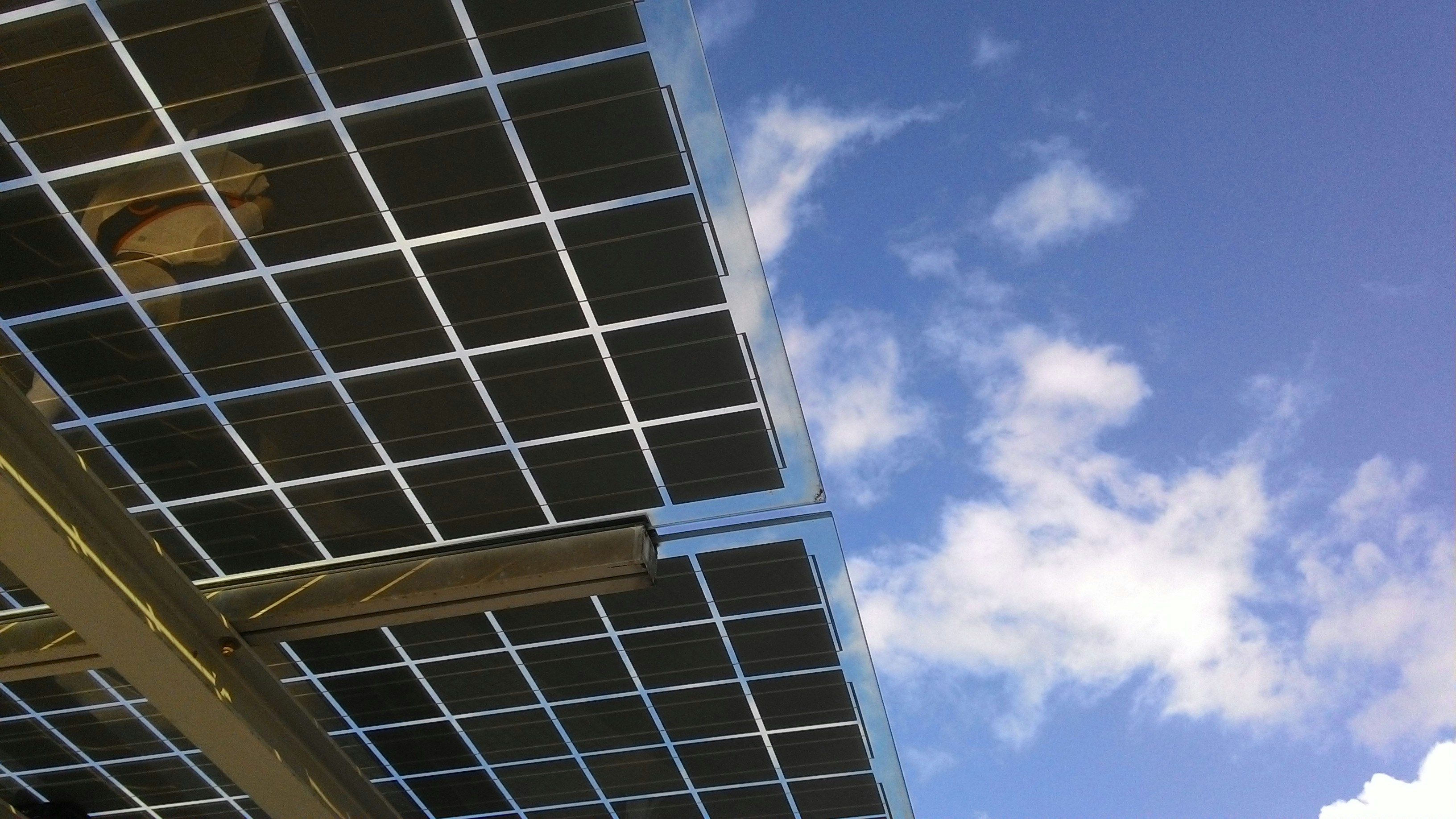ENERGIZING TOMORROW,
POWERED BY NATURE
POWERED BY NATURE
POWERED BY NATURE
Desert Technologies delivers innovative renewable energy solutions by combining advanced solar technology with smart infrastructure to provide sustainable, efficient power globally.
Desert Technologies delivers innovative renewable energy solutions by combining advanced solar technology with smart infrastructure to provide sustainable, efficient power globally.
WHO
WE ARE
Desert Technologies Holding (D-T) is a leading solar PV and smart infrastructure company focused on innovation, sustainability, and cost efficiency. Headquartered in Riyadh, Saudi Arabia, DT operates in over 25 countries, delivering high-quality renewable energy solutions through advanced manufacturing and strategic investments.
With an established track record as a PV developer, investor, EPC, and O&M contractor, as well as a PV solar panel manufacturer and energy storage systems integrator, DT demonstrates expertise across the entire smart infrastructure ecosystem.
0
0
Years experience
0
0
Years experience
0
0
Years experience
0
0
Projects completed
0
0
Projects completed
0
0
Projects completed
0
0
Countries
0
0
Countries
0
0
Countries
0%
0%
Client satisfaction
0%
0%
Client satisfaction
0%
0%
Client satisfaction
Desert Technologies’ Ecosystem: Specialized Companies Driving Sustainable Impact

Powering a Sustainable Future Through Innovation, Expertise, and Impact
Powering a Sustainable Future Through Innovation, Expertise, and Impact
Proven Expertise Across the Solar Value Chain
From project development to manufacturing, EPC, and O&M, we deliver end-to-end energy solutions.
Proven Expertise Across the Solar Value Chain
From project development to manufacturing, EPC, and O&M, we deliver end-to-end energy solutions.
Commitment to Innovation & Sustainability
Investing in next-generation solar and energy storage to accelerate the clean energy transition.
Commitment to Innovation & Sustainability
Investing in next-generation solar and energy storage to accelerate the clean energy transition.
Highest Standards of Quality & Performance
Industry-certified solar modules and integrated smart infrastructure solutions.
Highest Standards of Quality & Performance
Industry-certified solar modules and integrated smart infrastructure solutions.
Highest Standards of Quality & Performance
Industry-certified solar modules and integrated smart infrastructure solutions.
Global Reach, Local Impact
Operating across 30 countries, adapting solutions to meet regional energy needs.
Global Reach, Local Impact
Operating across 30 countries, adapting solutions to meet regional energy needs.
Cost-Effective & Scalable
Providing sustainable energy solutions that balance affordability and efficiency.
Cost-Effective & Scalable
Providing sustainable energy solutions that balance affordability and efficiency.
Powering a Sustainable Future Through Innovation, Expertise, and Impact
Proven Expertise Across the Solar Value Chain
From project development to manufacturing, EPC, and O&M, we deliver end-to-end energy solutions.
Commitment to Innovation & Sustainability
Investing in next-generation solar and energy storage to accelerate the clean energy transition.
Highest Standards of Quality & Performance
Industry-certified solar modules and integrated smart infrastructure solutions.
Highest Standards of Quality & Performance
Industry-certified solar modules and integrated smart infrastructure solutions.
Global Reach, Local Impact
Operating across 30 countries, adapting solutions to meet regional energy needs.
Cost-Effective & Scalable
Providing sustainable energy solutions that balance affordability and efficiency.
Our Commitment to Sustainability & Innovation
Net-Zero & ESG Leadership
Net-Zero & ESG Leadership
Driving carbon reduction through responsible, renewable energy solutions.
Driving carbon reduction through responsible, renewable energy solutions.
Future-Ready R&D
Future-Ready R&D
Advancing solar technology and battery storage systems for higher efficiency and resilience.
Advancing solar technology and battery storage systems for higher efficiency and resilience.
Smart Infrastructure for Smarter Cities
Smart Infrastructure for Smarter Cities
Implementing IoT-enabled solutions and AI-driven energy optimization.
Implementing IoT-enabled solutions and AI-driven energy optimization.



05
Energy Sectors
200
MegaWatts
Energizing Tomorrow
Energizing Tomorrow
Energizing Tomorrow
Lebanon . Jordan . Kuwait . Ghana . Bahrain . saudi arabia . Pakistan . Uae . Mauritius . la reunion . Morocco . Algeria . Tunisia . Egypt . Qatar . India . Oman . south africa . Nigeria . Kenya . Togo . Mozambique . Germany . Spain . Antigua
Lebanon . Jordan . Kuwait . Ghana . Bahrain . saudi arabia . Pakistan . Uae . Mauritius . la reunion . Morocco . Algeria . Tunisia . Egypt . Qatar . India . Oman . south africa . Nigeria . Kenya . Togo . Mozambique . Germany . Spain . Antigua
Lebanon . Jordan . Kuwait . Ghana . Bahrain . saudi arabia . Pakistan . Uae . Mauritius . la reunion . Morocco . Algeria . Tunisia . Egypt . Qatar . India . Oman . south africa . Nigeria . Kenya . Togo . Mozambique . Germany . Spain . Antigua










